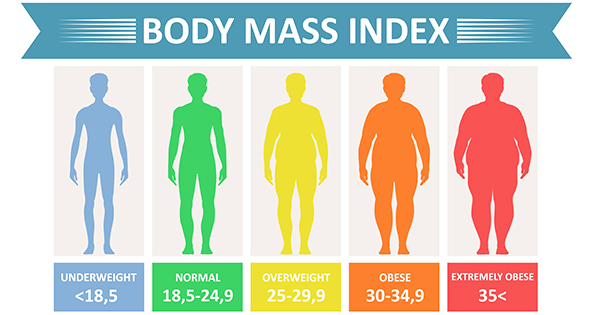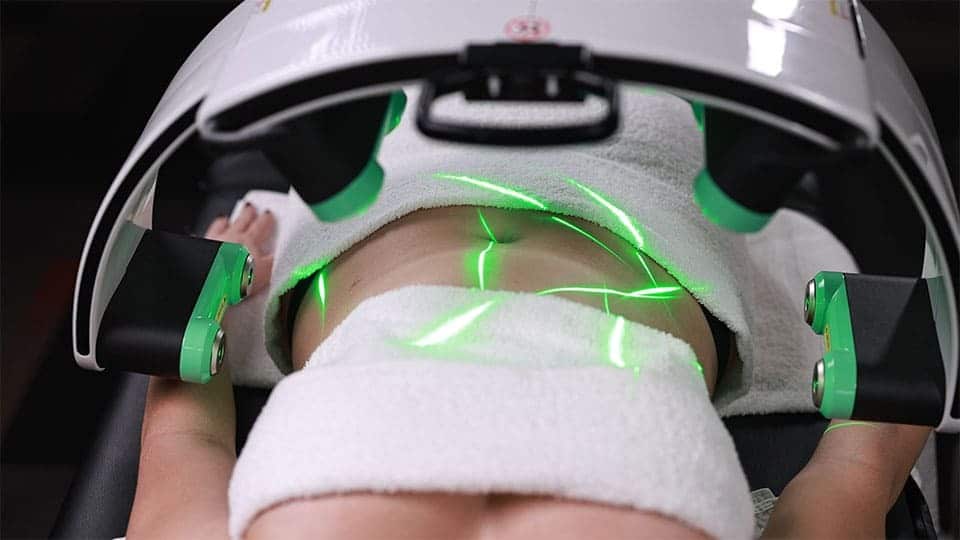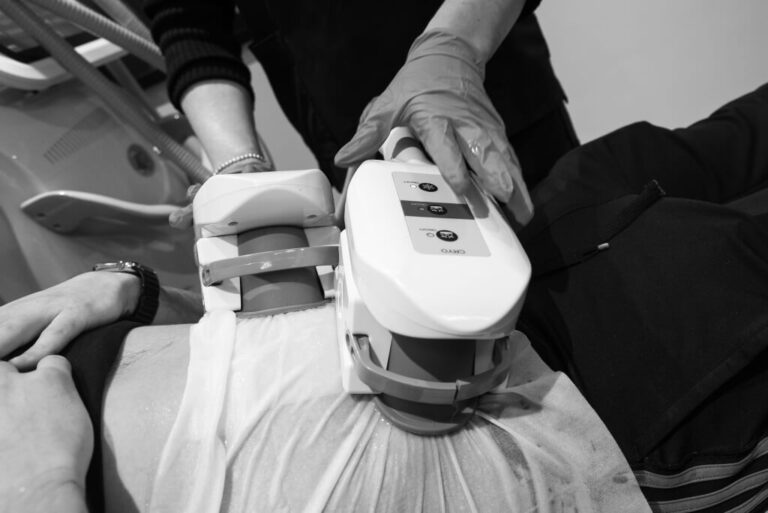How To Calculate BMI

How Do You Calculate BMI
When it comes to our weight, we hear a lot about BMI but what actually is it, how do you work yours out and why does it actually matter?
What is BMI?
BMI stands for Body Mass Index and it is a measurement that uses your height and weight to determine whether you are a healthy size. BMI is rated as underweight, healthy weight, overweight and obese and is determined by a calculation that uses your body mass and height.
Though not perfect, BMI can nonetheless be a useful way to self-assess and place yourself in a category. The categories vary around the world, but one of the simplest iterations can be seen in this chart from diabetes.co.uk.

How Accurate is BMI?
Medical professionals will always take your BMI into account as it does determine whether you weigh enough, the right amount or too much for your height and it is one of the criteria we check here at Bodyline Clinic before accepting applications, as you must have a BMI of over 25 to be deemed suitable for our treatment.
One of the big accuracy issues with BMI is that it doesn’t take into consideration whether your weight is predominantly fat or muscle. Many people who work out have a high percentage of muscle and low percentage of body fat but as muscle weighs more than fat, they can appear heavier on the scale, even though they’re super healthy and in shape.
Many people who are extremely muscular are deemed as overweight or even obese on the BMI chart due to the fact that their weights are heavier, so this is a flaw in the accuracy of BMI.
How Can You Calculate Your BMI?
Although there is an actual formula you can use to calculate your BMI using pen and paper, there really is no need to go to all that effort as the NHS has an easy to use BMI calculator.
All you have to do is input your weight in stone or kilograms, your height in feet or cm and then also input your age, sex, ethnicity group and select which level of activity you think you fit into out of inactive, moderately active or active.
Once you have filled in all this information, the calculator can then tell you your BMI and if you use the NHS calculator which is recommended for people here in the UK, it will also show you where your BMI sits on the coloured scale, showing whether your BMI is deemed healthy or not.
Understanding your BMI result
Underweight
Being underweight could be a sign you're not eating enough or you may be ill. If you're underweight, a GP can help.
Healthy weight
Keep up the good work!
Overweight
The best way to lose weight if you are overweight is through a combination of diet and exercise. The BMI calculator will give you a personal calorie allowance to help you achieve a healthy weight safely.
Obese
The best way to lose weight if you're obese is through a combination of diet and exercise, and, in some cases, medicines. See a GP for help and advice.
Limitations of the BMI
Your BMI can tell you if you're carrying too much weight, but it cannot tell if you're carrying too much fat. The BMI cannot tell the difference between excess fat, muscle or bone. The adult BMI does not take into account age, gender or muscle mass.
This means:
- Very muscular adults and athletes may be classed "overweight" or "obese" even though their body fat is low
- Adults who lose muscle as they get older may fall into the "healthy weight" range even though they may be carrying excess fat
Pregnancy will also affect a woman's BMI result. Your BMI will go up as your weight increases. You should use your pre-pregnancy weight when calculating your BMI.
Apart from these limitations, the BMI is a relatively straightforward and convenient way of assessing someone's weight.
How Can You Lower Your BMI?
If your BMI is high and it is due to fat, the best way to lower it to the healthy category is to simply lose body fat. Changing your diet to be healthier whilst increasing your exercise is the recommended way to lose weight on the NHS, however here at RT Aesthetics, we know that can be easier said than done.
We do support a healthy diet and active lifestyle but if your BMI is overweight or obese and you’re struggling to drop the pounds with your new life changes, the help of clinically tested medical weight loss supplements may be the helping hand you need.
We offer non-surgical body conturing treatments that have proven results in lowering body fat percentage in the area of treatment.
So, if you need help with lowering your BMI, get in touch with the RT Aesthetics team today!






